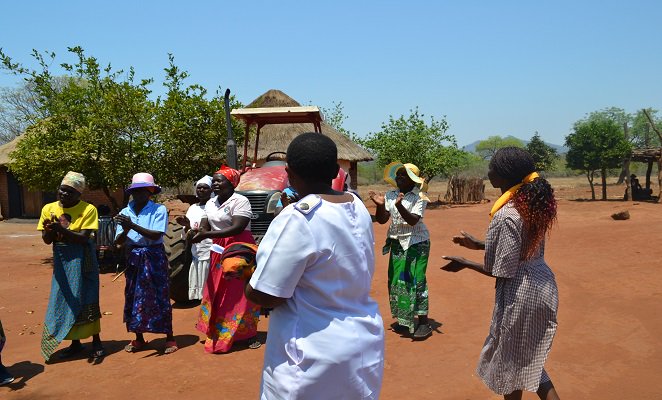In Mwenezi, people living with HIV used to travel as far as 60 kilometres to get to the nearest clinics to collect life saving anti-retroviral treatment. In extreme cases, patients were forced to walk for two days to reach clinics in neighbouring districts to collect medication.
Health facilities are very scarce in Mwenezi, with only 17 percent of the population having ready access to health facilities whilst 83 percent travel between long distances to reach one. The long distances and unavailability of health facilities forced many people living with HIV to default on treatment, meaning they simply stop taking it.
In order to reduce the burden, Medecins Sans Frontieres/ Doctors Without Borders (MSF) introduced an outreach programme in partnership withMinistry of Health and Child Care (MoHCC) where MSF teams visited more than 1 200 outreach patients in the hard to reach areas and provided antiretroviral treatment (ART) and general outpatient department treatment.
In addition, MSF has also introduced new models of HIV service delivery to enable people living with HIV to access treatment and care closer to their homes. Some of the models previously introduced by MSF in Mwenezi include, Community ART Refill Groups (CARGs) and Family Refill. The latest model to be introduced is the Out of facility community ART distribution (OFCAD). These models help to ensure improved access, adherence to treatment and retention in care.
This is the first time that OFCAD is being piloted in Zimbabwe. It is also the first time that this model is being introduced in a rural setting in the Southern African region.
As we commemorate World AIDS Day tomorrow, on December 1, MSF would like to share with you an article, patient and staff testimonies on the new models of HIV service delivery that we are offering in Mwenezi in collaboration with MoHCC.






